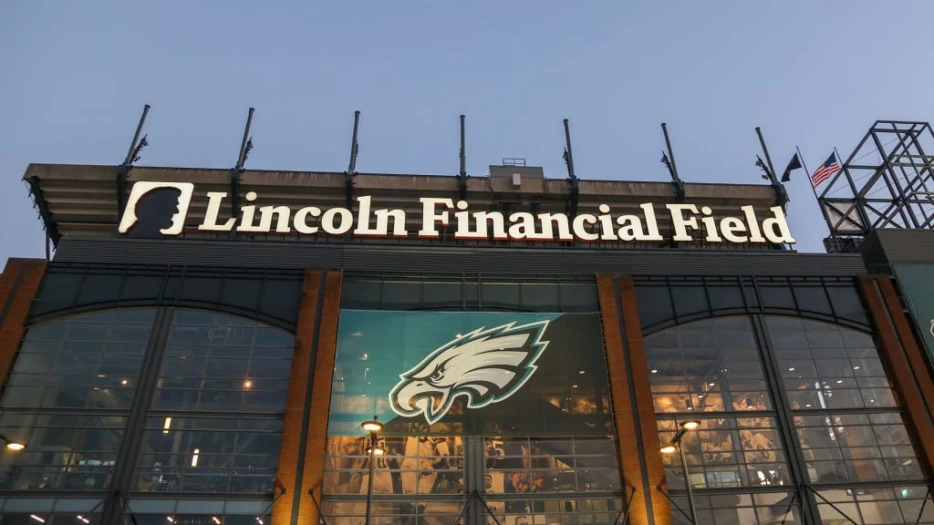
 Crossing Broad
Crossing Broad
The Eagles have done virtually no media on the sports complex revamp and their future stadium plans, but Chief Operating Officer Frank Gumienny recently spoke with the Philadelphia Business Journal’s John George, and the second quote here (in bold) sticks out:
“I think most of Philadelphia knows our lease [at the city-owned Lincoln Financial Field] runs through 2032,” said Frank Gumienny, the team’s chief operating officer, in a recent interview. “That’s both far away in some ways, and not so far away in others. Right now, we are just starting to gather information. Everything is on the table.”
Gumienny, who joined the Eagles’ front office in 1997 as vice president of finance before being promoted to CFO in 2012 and COO in 2023, played a significant role in the Eagles’ transition from Veterans Stadium to Lincoln Financial Field. He coordinated the financing for the project that included funding from the state Redevelopment Assistance Capital Program, the city of Philadelphia and private sources.
…
When asked whether the Eagles would seek public funding assistance for a new stadium, Gumienny said only, “When we built Lincoln Financial Field, one of the things that we talked about with both the mayor and the governor was attracting and bringing major events to Philly. Every ticket has a 5% amusement tax that goes to the city. There are also parking taxes and liquor taxes. Every major event we have done here has brought a very sizable amount of tax dollars to Philadelphia. That will continue.“
Reading that a few times over, it sure sounds like the Eagles think they deserve public funding, since they generate public revenue through the taxes that Gumienny mentions. It’s a reasonable stance, and typically how most stadium deals work, even in 2025. It’s this idea that the public investment will pay off considerably in the long run, and typically that portion of the funding is financed through one-time measures that sometimes place the burden on outsiders, for instance, Philadelphia using money from a 2% car rental tax to help build the Linc and Citizens Bank Park more than 20 years ago. The city spent $300 million on the stadiums, the state chipped in about $170 million, and the rest was private money.
On the other hand, the 76 Place saga really changed local attitudes on public money for stadiums, or at least reignited existing feelings. That entire thing was predicated on the idea that zero taxpayer dollars would be used, with billionaires footing the bill instead. Throw in the total private financing of five new arenas, Chase Center (Warriors), Intuit Dome (Clippers), SoFi (Rams/Chargers), T-Mobile (Vegas), and UBS (Islanders), and there’s a lot of momentum for the thought that the rich owners should pay for their own shit.
That’s especially germane when you consider the current hyper-focus SEPTA funding and the overall concern about the Commonwealth’s budget.
Why should we subsidize billionaire projects when mass transit is in crisis?
You hear a lot...